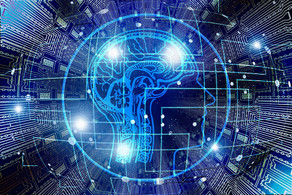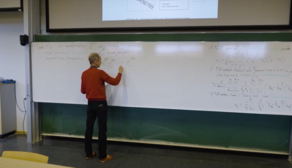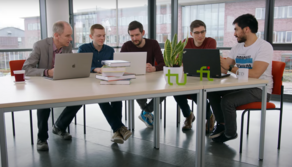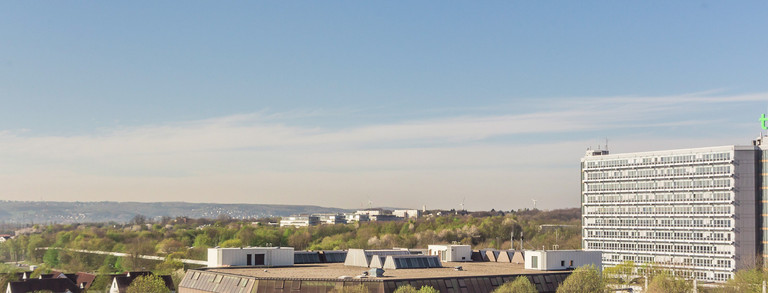Unleashing Big Data of the Past – Europe builds a Time Machine
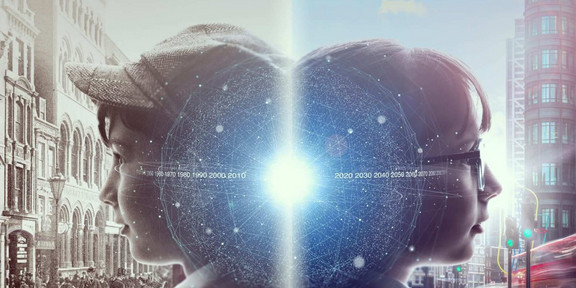
One of the most advanced artificial intelligence systems ever built
The Time Machine will create advanced AI technologies to make sense of vast amounts of information from complex historical data sets. This will enable the transformation of fragmented data – with content ranging from medieval manuscripts and historical objects to smartphone and satellite images – into useable knowledge for industry. In essence, a large-scale computing and digitisation infrastructure will map Europe’s entire social, cultural and geographical evolution. Considering the unprecedented scale and complexity of the data, The Time Machine’s AI even has the potential to create a strong competitive advantage for Europe in the global AI race.
Cultural heritage as a valuable economic asset
Cultural Heritage is one of our most precious assets, and the Time Machine’s ten-year research and innovation program will strive to show that rather than being a cost, cultural heritage investment will actually be an important economic driver across industries. This constant source of new knowledge will be an economic motor, giving rise to new professions, services and products in areas such as education, creative industries, policy making, smart tourism, smart cities and environmental modelling. For example, services for comparing territorial configurations across space and time will become an essential tool in developing modern land use policy or city planning. Likewise, the tourism industry will be transformed by professionals capable of creating and managing newly possible experiences at the intersection of the digital and physical world. These industries will have a pan-European platform for knowledge exchange which will add a new dimension to their strategic planning and innovation capabilities.
Please confirm video activation.
After activation, cookies will be set and data is sent to YouTube (Google).
To the Google Privacy Policy




